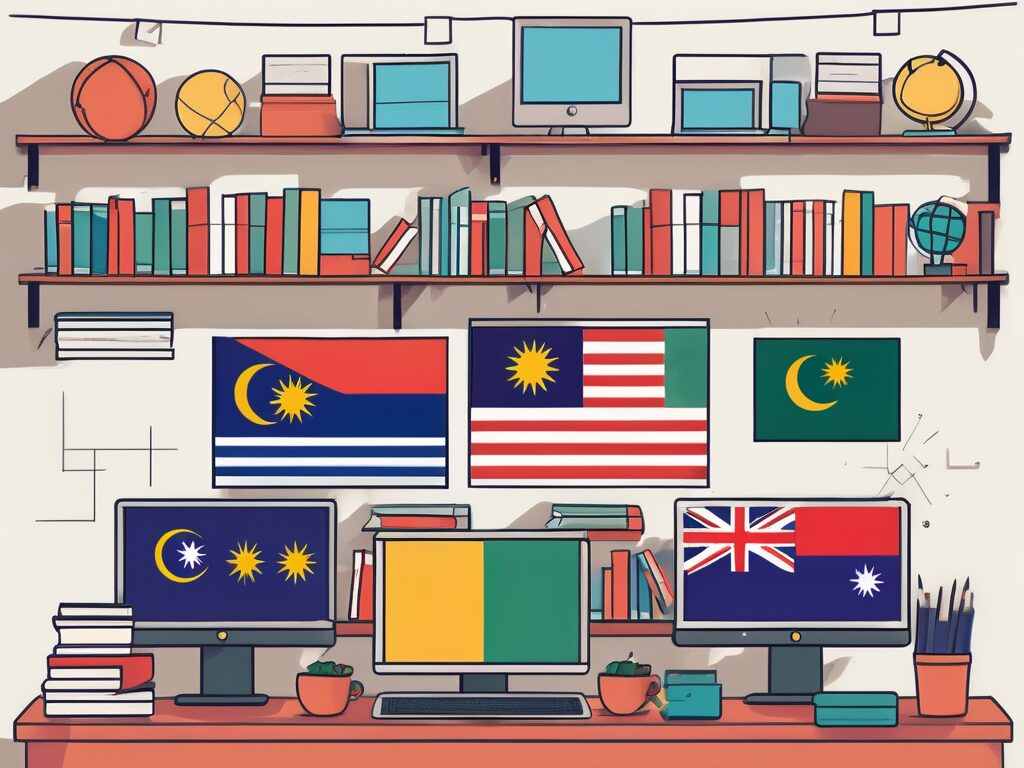html
Mastering Education in Thailand: 4 Essential Strategies for Success
Education in Thailand is a vibrant tapestry woven from rich cultural traditions and modern pedagogical practices. As the country continues to evolve, so too does its educational landscape, presenting both challenges and opportunities for educators and students alike. In this blog post, we will explore four essential strategies that can help you master education in Thailand, whether you are a teacher, student, or educational administrator. Our goal is to provide you with actionable insights that will enhance your understanding and effectiveness in this dynamic environment.
1. Embrace Cultural Sensitivity in the Classroom
One of the most critical strategies for success in Thailand’s educational system is to embrace cultural sensitivity. Understanding the local customs, traditions, and values is essential for fostering a positive learning environment. Thai culture places a strong emphasis on respect, particularly towards teachers and elders. This respect is often demonstrated through the traditional ‘wai’ greeting, where students place their hands together in a prayer-like gesture and bow slightly.
To effectively engage with your students, consider incorporating local cultural elements into your teaching methods. For example, using Thai folklore or historical events as teaching materials can make lessons more relatable and engaging. Additionally, being aware of the importance of hierarchy in Thai society can help you navigate classroom dynamics more effectively.
2. Leverage Technology for Enhanced Learning
In today’s digital age, leveraging technology is crucial for enhancing the educational experience. Thailand has made significant strides in integrating technology into its classrooms, with many schools adopting digital tools to facilitate learning. As an educator, you can harness these tools to create interactive and engaging lessons.
Consider using platforms like Google Classroom or Edmodo to streamline communication and collaboration among students. Incorporating multimedia resources, such as videos and interactive quizzes, can also cater to different learning styles and keep students engaged. Furthermore, with the rise of online learning, exploring blended learning models can provide students with the flexibility they need to succeed.
3. Focus on Student-Centered Learning
Shifting from traditional teacher-centered approaches to student-centered learning is another essential strategy for mastering education in Thailand. This approach encourages active participation and critical thinking among students, fostering a deeper understanding of the subject matter.
To implement student-centered learning, consider using project-based learning (PBL) techniques. PBL allows students to work on real-world problems, encouraging collaboration and creativity. For instance, you could assign a project that requires students to research and present on a local environmental issue, promoting both academic skills and social responsibility.
Additionally, providing opportunities for student choice in assignments can empower learners and increase their motivation. By allowing students to select topics that interest them, you can create a more engaging and personalized learning experience.
4. Build Strong Relationships with Parents and the Community
Building strong relationships with parents and the local community is vital for creating a supportive educational environment. In Thailand, parental involvement in education is highly valued, and fostering open communication can lead to better student outcomes.
Consider hosting regular parent-teacher meetings to discuss student progress and address any concerns. Additionally, involving parents in school activities, such as cultural events or volunteer opportunities, can strengthen the bond between home and school.
Moreover, engaging with the local community can provide valuable resources and support for your educational initiatives. Collaborating with local businesses, NGOs, or cultural organizations can enhance learning opportunities and create a sense of belonging for students.
Conclusion
Mastering education in Thailand requires a multifaceted approach that embraces cultural sensitivity, leverages technology, focuses on student-centered learning, and builds strong relationships with parents and the community. By implementing these four essential strategies, you can create a more effective and enriching educational experience for your students.
As we strive for a more inclusive education system in Malaysia, the role of qualified and well-trained educators becomes increasingly crucial. Empower Your Teaching Career with IPGCE – IPGCE is dedicated to supporting teachers in their professional journey, offering the International Postgraduate Certificate in Education (iPGCE) to enhance qualifications and open doors to international teaching opportunities. With our program, you can expect a significant increase in interview callbacks, promotion rates, and salary. Plus, you’ll join a global network of educators, gain a deeper understanding of international curricula, and enjoy the flexibility of online study. Don’t let inadequate credentials or isolation hold you back. Join the UK’s #1 Teacher Training Course today and take a decisive step towards a fulfilling career in inclusive education.
For more insights on enhancing your teaching skills, check out our articles on Effective Teaching Strategies and Cultural Awareness in Education. Additionally, learn about Technology in the Classroom to further enrich your teaching methods.
Connect with us on LinkedIn for more updates and resources:

